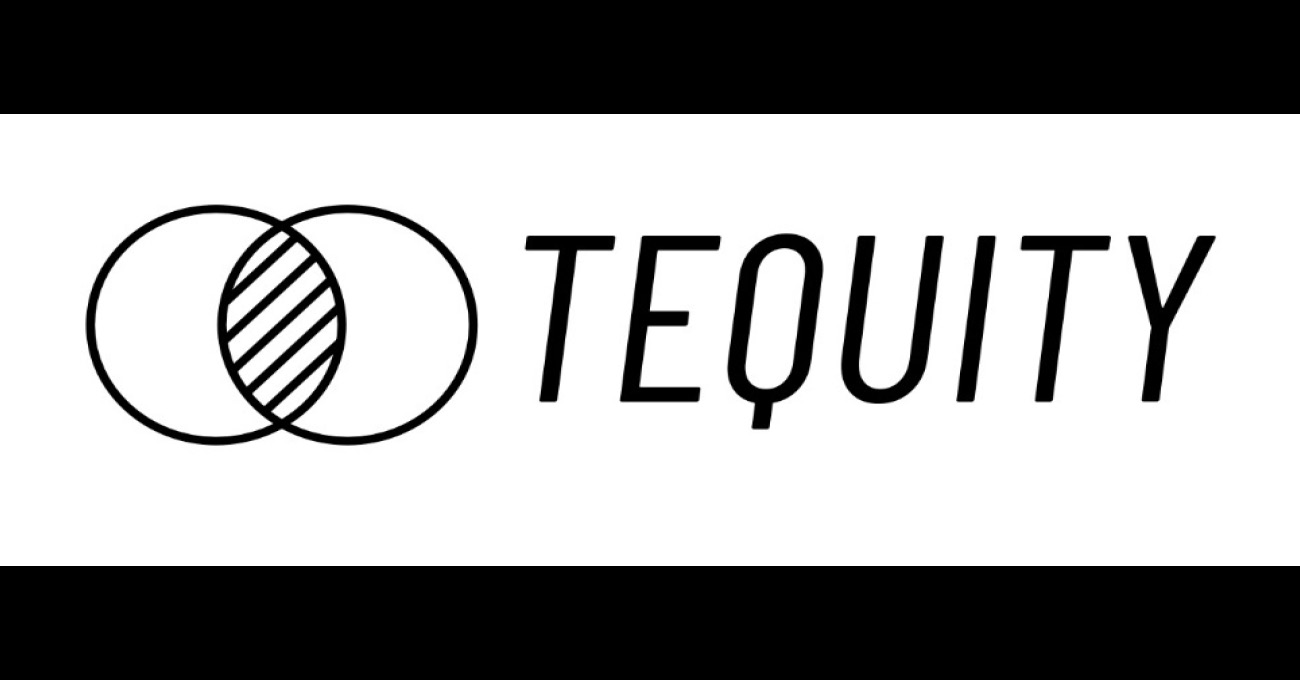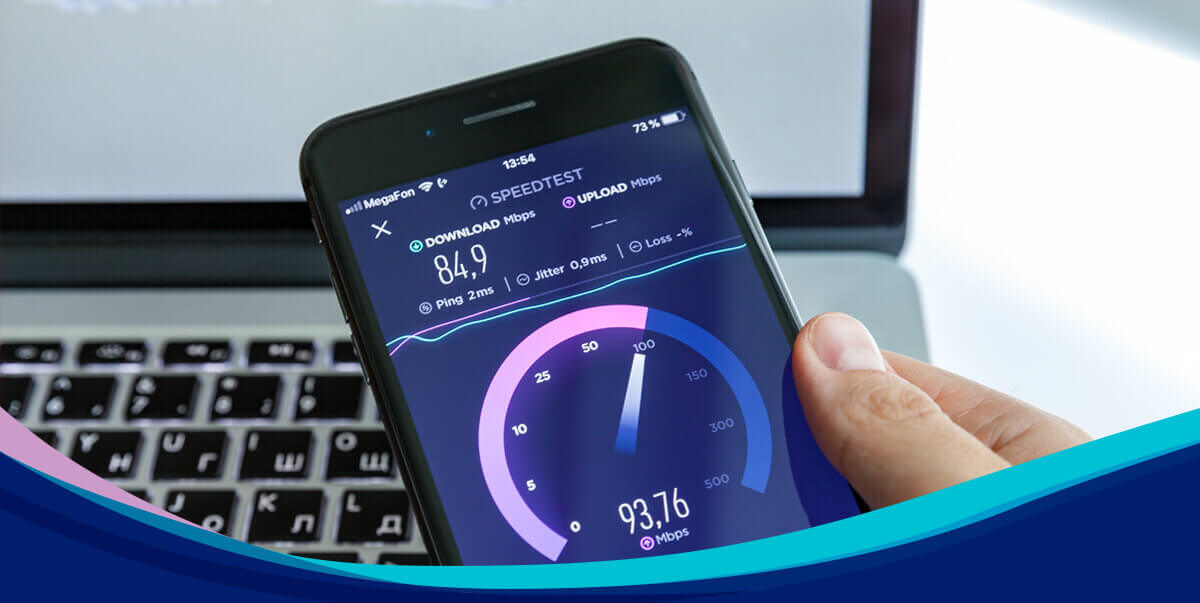
All questions
The licensing process
i Application and renewal
A core rule is that only operators based in the EU, EEA or the Swiss Confederation may apply for a licence and authorisation.
Licensing process for land-based gambling
To carry out land-based gambling activities, any gambling operator must obtain a Class I licence and one or several authorisations. While the licensing procedure is not product-specific, the authorisation must be obtained for each type of gambling activity to be performed.
To obtain the licence, the operator must submit an application request along with several corporate and operational documents related to the legal entity itself, its directors, shareholders and associates.
The authorisation can be obtained by an operator that has previously been granted a Class I licence. However, the regulations allow an operator to submit licence and authorisation applications at the same time, provided that the necessary conditions are fulfilled for each of these. The conditions for obtaining the authorisation vary in accordance with the type of gambling activity to be performed and refer to operational aspects (such as the game rules for each game offered to the players and the configuration of the gambling premises) or technical requirements (such as certification of the gambling equipment or development of the solution for reporting the aggregated financial and operational data of the operator to the ONJN).
From a procedural perspective, the complete documentation must be submitted to the ONJN registry at least nine working days in advance of the Supervisory Committee’s meeting. Pursuant to GEO 77/2009, ‘requests to be granted a licence to organise or authorisations to operate shall be resolved within 30 days of the date of submission of the complete documentation’. However, considering that the ONJN has the competence to request any additional documents or information deemed necessary, the licensing and authorisation procedure may, in practice, exceed the initial maximum 30-day time frame provided by the law.
The Class I licence is valid for 10 years, with the exception of temporary games of chance for which the licence is valid for three months. The authorisation is valid for one year, with the same exception – for temporary games of chance, the validity of the authorisation is also three months.
Although the licence is valid for 10 years, fees are owed annually to maintain this licence. GEO 77/2009 provides the value of the licence and authorisation fees, values that differ according to each type of game of chance. For example, for land-based fixed-odds betting, the annual licence fee amounts to €100,000; for poker clubs, the licence fee is €17,500 per year, etc. The authorisation fees are set differently; for instance, for fixed-odds betting, the authorisation fee amounts to 18 per cent of the revenues obtained by the operator but not less than €100,000 per year; for casino games, the authorisation fee is levied on a per gaming table basis of €65,000 per table for Bucharest and €35,000 per table for any other city in Romania.
In addition to the licence and authorisation fees, land-based gambling operators are also required to pay an annual contribution towards the public-interest activity undertaken by the ONJN for the prevention of gambling addiction. This annual contribution amounts to €1,000 and must be paid within 10 days of the approval of the licensing documentation for the first year of the licence and by 25 January of each year thereafter.
Certain administrative fees must also be paid by the operators when applying for a licence for land-based gambling activities, namely:
- a documentation analysis fee of €500 paid on submission of the licence application file to the ONJN; and
- a fee of €9,500 per licence for the issuance of the licence.
As far as extension of the licence is concerned (with the exception of temporary games of chance, in respect of which prolongation may be requested only once), both the licence and the authorisation for organising and operating land-based games of chance may be extended, upon request, for validity periods identical to the initial period, provided that the operator fulfils the conditions for their extension prior to the initial expiry date, pursuant to the provisions of the law.
Licensing process for online gambling
To a certain extent, the licensing and authorisation requirements for land-based gambling also apply for online activities. As a preliminary observation, while in the case of land-based gambling activities the authorisation must be obtained for each type of activity (or machine, as the case may be), only one online gambling authorisation has to be obtained for all the activities conducted on the same gambling platform (which can be connected to one or several internet domain names).
Other particular conditions that are applicable for an operator applying for a licence and authorisation to perform online gambling mainly concern technical and operational requirements.
Thus, the applicant is required to have its entire IT system audited by a specialised testing laboratory that holds a Class II licence, while the gambling software, as well as the random number generator and return-to-player of each game, must also be certified by a Class II licensed certifier. In terms of the necessary infrastructure, if the main gaming server is not located in Romania, the operator must establish safe and mirror servers in Romania for the ONJN to be able to monitor the activity related to the Romanian market and verify any incidents that occur. In brief, while the safe server stores rough replica data of the information from the gaming server, the mirror server must contain centralised reports summarising the daily activity and financial results obtained by the operator.
On the operational side, among other requirements, operators that are not Romanian-based companies are required to appoint an authorised representative (a Romanian legal or natural person) to act as the representative of the operator in relation to the Romanian state authorities.
In terms of costs, the licence fee is calculated by reference to the operator’s turnover. GEO 77/2009 provides for several turnover thresholds to determine the applicable licence fee (e.g., the minimum amount of the licence fee is €15,600 per year for a turnover of less than €500,000 per year while the maximum amount is €312,000 per year for a turnover exceeding €10 million per year).
The amount of the authorisation fee for remote games of chance is 23 per cent of the operator’s revenue but not less than €120,000 per year.
In addition to the licence and authorisation fees, online operators are also bound to contribute to the public-interest activity undertaken by the ONJN for the prevention of gambling addiction with a contribution of €5,000 per year.
The regulation also sets out certain administrative fees to be paid by the online gambling operator when applying for a licence, namely:
- a documentation analysis fee of €3,000 paid on submission of the licence application file to the ONJN; and
- a fee of €9,500 per licence for the issuance of the licence.
ii Sanctions for non-compliance
In principle, failure to observe the legal requirements in the field of gambling may lead to civil, administrative or criminal sanctions.
By way of example, administrative liability may be triggered when:
- the operator of land-based gambling activities allows individuals to participate in games of chance without having valid identity documents in their possession;
- the gambling operator, without distinction between land-based or online activities, does not pay the participants the winnings obtained in the activity of gambling in three working days, provided that the conditions imposed on the participant in relation to the proof of winnings are fulfilled; or
- the gambling operator, without distinction between land-based or online activities, fails to notify the ONJN within a certain time frame of any modifications that have occurred to the initial data on the basis of which the licence and the authorisation were issued by the ONJN.
The failure of the gambling operator to comply with legal requirements can also lead to the suspension or revocation of the licence by the Supervisory Committee of the ONJN.
The operation of games of chance without the required licence and authorisation constitutes a criminal offence punishable with imprisonment for a period of one month to one year, or with a fine. Additional sanctions for the criminal offence of unlicensed gambling include dissolution of the gambling operator and confiscation of the amounts derived from the unlawful activity.
Criminal liability may be also triggered when the following gaming products are offered to the players:
- fraudulent games of chance;
- games of chance through radio channels or through other assimilated transmission means;
- games of chance based on the results of clandestine competitions (such as dog fighting, which is expressly forbidden by Romanian legislation, illegal car racing, etc.);
- clandestine games of chance, the results of which are influenced by the skill of the person handling the game for the purpose of obtaining revenues, rather than being random; and
- competition games with winnings of any type through telephone lines or other communication systems, television or radio where the obtaining of prizes is based solely on the accuracy of the answers provided to general questions, which involve a participation fee.
The criminal liability of those involved in money transfers for gambling is not subject to gambling-specific legislation and is to be assessed on a case-by-case basis, as a situation of this kind also has potential implications related to anti-money laundering regulations.
In accordance with the provisions of GEO 77/2009, ISPs are obliged to observe ONJN decisions and ban access to unlicensed gambling websites included on the ONJN’s blacklist. Non-observance of this obligation triggers administrative liability for the ISP and can result in a fine ranging from 50,000 lei to 100,000 lei.
With respect to participants in games of chance, according to GEO 77/2009 any individual who participates in Romania in the activity of remote games of chance operated by an unlicensed or unauthorised operator shall face administrative fines ranging from 5,000 lei to 10,000 lei, thus triggering the administrative liability of the player (but not criminal liability).
Taxation
From a fiscal point of view, land-based gambling operations entail a physical presence in Romania. Therefore, operators holding a land-based licence must be established as Romanian companies and, as a result, are subject to a 16 per cent profit tax (applicable for all types of businesses and not specifically to gambling), in addition to any other fiscal obligations imposed under the Fiscal Code. The Fiscal Code provides for an exception regarding land-based casinos, whereby this category may be subject to a 5 per cent turnover tax if the profit tax is less than 5 per cent of their revenues (turnover, not gross gaming revenue (GGR)).
In the case of online gambling operations, the fiscal regime may differ depending on the jurisdiction of incorporation. Online gambling operators are subject to corporate tax in Romania only if they are Romanian fiscal residents or if they create a permanent establishment in Romania. Otherwise, the non-resident gambling operator owes income tax in the country of establishment and will be required to pay the annual licence and authorisation fees in Romania, as well as a contribution to the fund for responsible gambling.
The authorisation tax for online gambling operations is levied at 23 per cent of GGR and the legislation also provides for a minimum annual authorisation tax of €120,000. In contrast to the online sector, the authorisation tax for land-based fixed-odds betting is levied at 18 per cent of GGR.
The annual licence tax for online gambling ranges from €15,600 per year to €312,000 per year. In practice, the ONJN has construed turnover as being the total amount of bets, so it is very likely that an operator will have total bets exceeding €10 million and, hence, be obliged to pay the maximum licence tax of €312,000 per year.
Remote gambling operators must also pay a 2 per cent tax applied on players’ deposits.
In Romania, revenues obtained by players are subject to tax charges. In the case of online gambling, the Fiscal Code imposes a withholding tax mechanism applicable whenever the player makes a transfer from their game account to their bank account (or other withdrawal method). Hence, at each withdrawal from the online platform, operators must apply the taxation thresholds, as follows:
- for revenues up to 10,000 lei, the applicable tax is 3 per cent;
- for revenues ranging from 10,000 lei to 66,750 lei, the applicable tax is 20 per cent (calculated on the amount exceeding 10,000 lei); and
- for revenues exceeding 66,750 lei, the applicable tax is 40 per cent (in accordance with the current regime, in this case, a player must pay tax of 11,650 lei plus 40 per cent on the amount that exceeds 66,750 lei).
It is also worth noting that for certain categories of land-based gambling (i.e., casinos, slot machine halls, scratch cards organised by the Romanian Lottery and poker clubs), players still benefit from a tax exemption that is applicable for revenues that do not exceed 66,750 lei.
Amendments to the gambling legislation in July 2022 introduced a tax of 5 per cent of the value of advertising contracts for gambling operators, payable by the 25th day of the month following the one in which the contract is concluded. In the case of contracts that entail recurring payments or instalments, the new tax is due on the last day of the month in which the instalment is due. The tax authority has issued an order regulating how this new tax needs to be reported. According to an official clarification issued by the ONJN, the payment and reporting obligations are incumbent on the gambling operators when the advertising contract is concluded directly by the operators with the advertising service provider. If the advertising agreement is concluded by the gambling operator with a media agency and the agency subcontracts the advertising activity to another entity (a third party), the payment and reporting obligation is incumbent upon the third party – the actual advertising service.
A law adopted by Parliament in November 2022, amending legislation in the field of cultural activities, introduced a new payment obligation in the form of a contribution to the National Cultural Fund. This contribution amounts to 0.5 per cent of the income earned during one month from land-based and online gambling activities, calculated on the basis of GGR obtained by those economic operators ‘that carry out traditional and remote gambling activities’ as defined by the law.
https://www.lexology.com/library/detail.aspx?g=81660091-fd47-4e6d-bbfa-056ff7f14075






